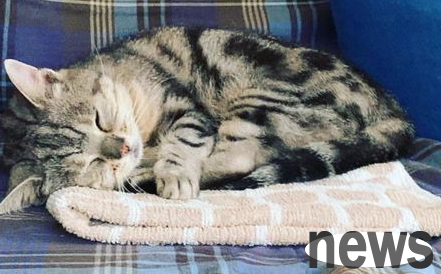Check your allergic condition to determine whether it is allergic to your cat, not other substances. Symptoms of allergic to cats may include nasal congestion, runny nose, sore throat, cough, sneezing, itchy eyes, red eyes, red skin and itching.

If you are allergic to your cat and still want to keep it, then you should make sure it is clean. Bathing your cat every day can reduce the amount of dust, bacteria and other allergens carried by the cat. In addition, the cat's nest and surrounding areas should be cleaned every day to maintain environmental sanitation and reduce the accumulation of allergens.

Use allergic drugs If you are allergic to your cat, allergic drugs can help you relieve your symptoms. Allergic drugs can be divided into oral drugs and nasal sprays. Common allergic drugs include over-the-counter drugs such as antihistamines, rhinitis sprays, etc. If you often need to take medication, you should consult a doctor to determine the medication plan.
If you have mild symptoms, you can also choose to use some natural allergic relief methods, such as eating some anti-allergic foods, such as honey and ginger.
Reduce the time and frequency of contact with cats If you are allergic to cats, it is very necessary to reduce the time and frequency of contact with cats. In most cases, symptoms can be reduced or gone with minimal contact with the cat.
If you are allergic to your cat and your symptoms are serious, you may need to consult a doctor. Doctors can provide you with some professional advice and treatment options to help you relieve symptoms and improve allergies.